Reimagine - September/October 2021
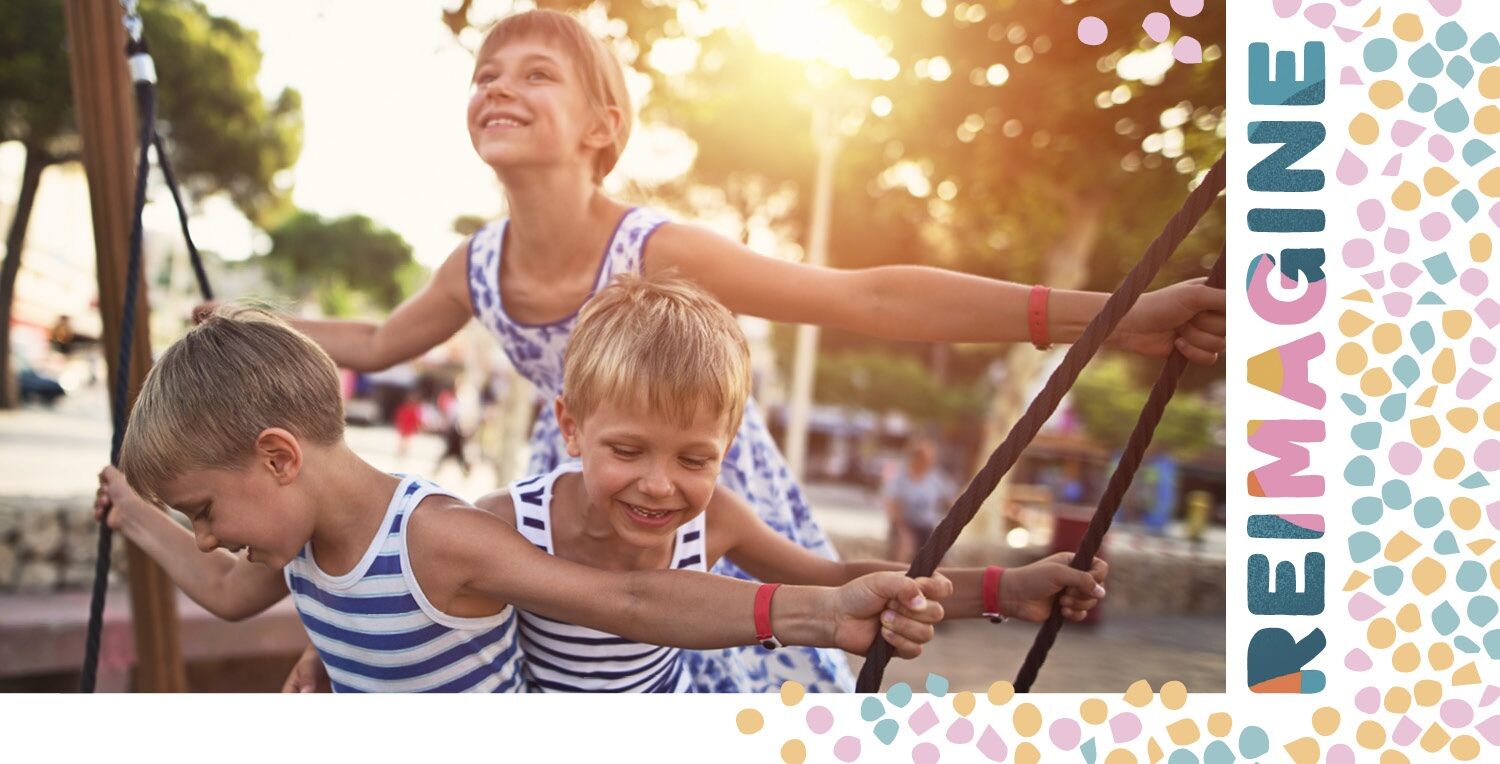
In this edition...
- Message from our CEO
- Transforming the future for children, young people and families
- Three strategies to bolster our resilience
- Helping Kaylee heal from the trauma of family violence
- Calling for a future where young Victorians with a lived experience are driving change
- The different types of out-of-home care offered by Berry Street
Message from our CEO

The challenges of the past 18 months continue to persist for many of us, particularly vulnerable children, young people and families. The ongoing impacts of COVID and lockdowns throughout Australia are felt even more so by the people we work alongside. Thanks to your generosity, we can continue to support people through this difficult time, allowing them to be safe, thriving and hopeful.
In this edition of Reimagine, you’ll hear from myself and Jo Flynn, Berry Street Board President, about the current state of the child and family services system and our vision for transformation. And there’s no doubt that early intervention is key to reimagining the future for generations of families to come.
Many of us have experienced lockdown fatigue, particularly families struggling with home learning. Our Director of Education, Dr Tom Brunzell, shares some strategies for helping children manage the disruption in their learning and bolster their resilience.
We’re very proud to share that our Specialist Family Violence and Restoring Childhood teams have received Rainbow Tick accreditation. This means that our systems and processes are designed to ensure our workplace culture, practice and service delivery are welcoming, safe and inclusive for all LGBTIQA+ people.
As demand for our services increases, the need for more safe homes for children and young people also rises. There are four types of out-of-home care that Berry Street provides – including foster care and Teaching Family Model (TFM). Your support helps us recruit and train new foster carers, and allows us to implement innovative, evidence-based programs like TFM. Your ongoing and loyal support really is changing lives.
Thank you again – your generosity is truly making an impact.

Michael Perusco
Chief Executive Officer
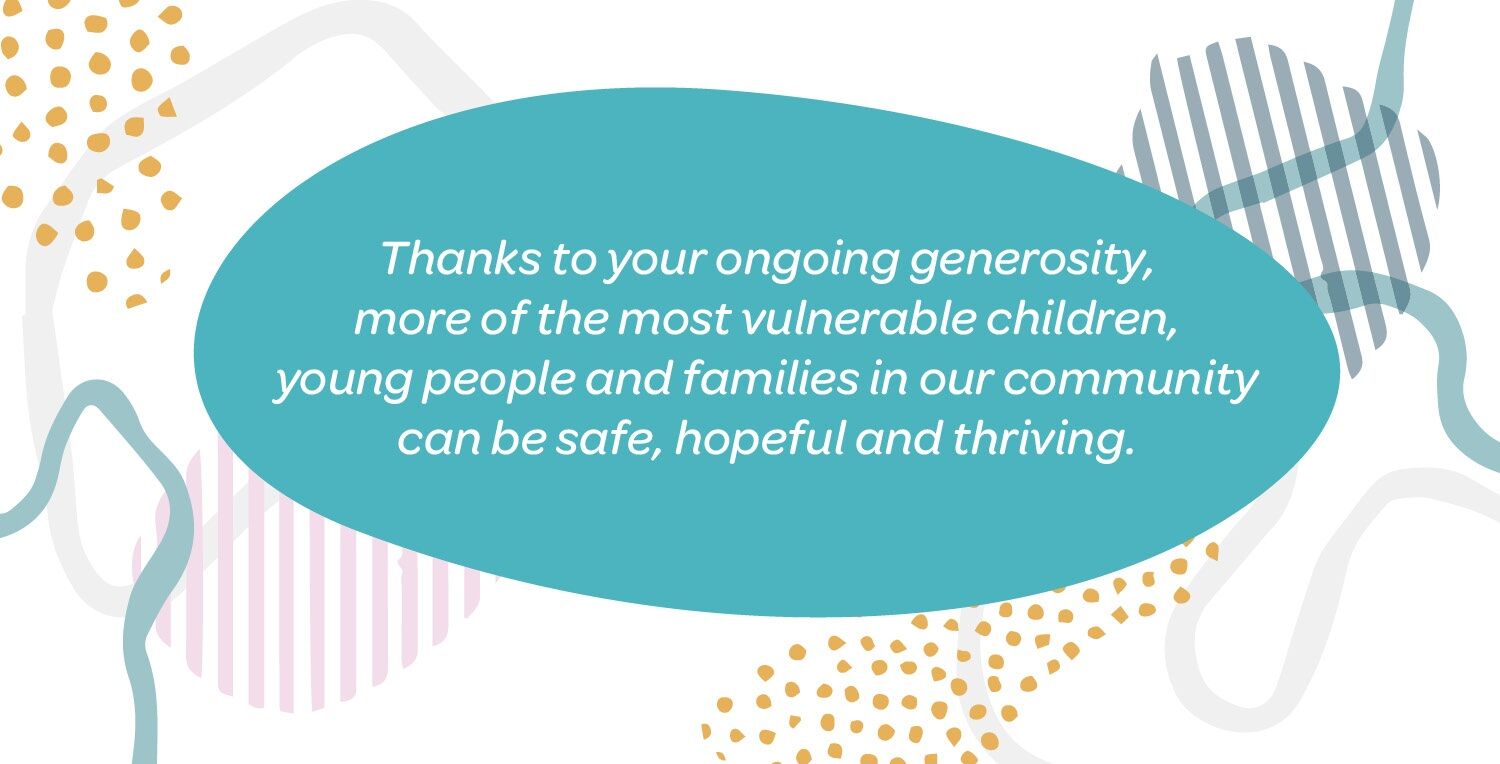
Transforming the future for children, young people and families
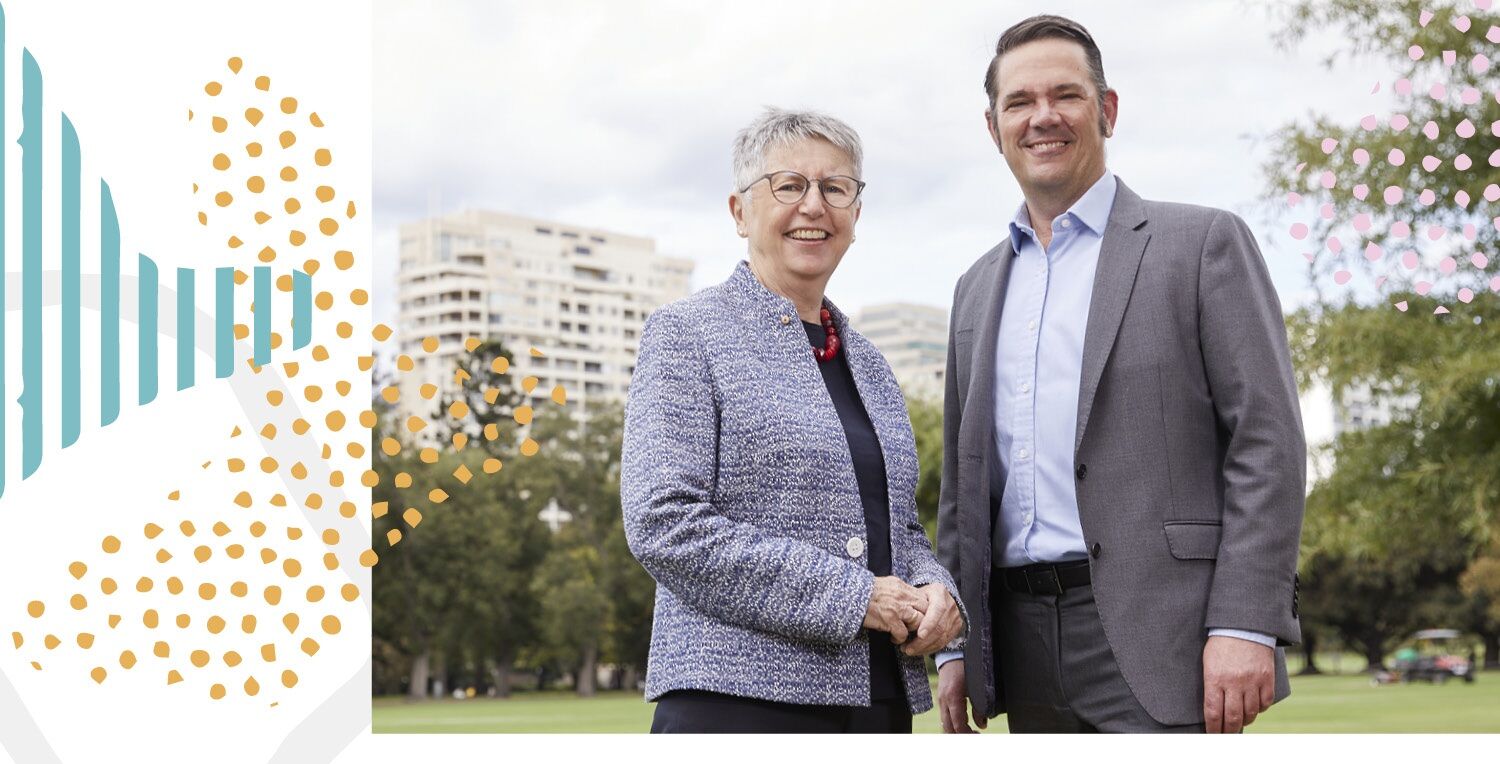
If you asked Berry Street Board President Dr Jo Flynn or CEO Michael Perusco what keeps them up at night, they would probably tell you about how stretched the child and family services system is and how that affects children, young people and families… About the systemic gaps that are allowing children and young people to slip through the cracks at crucial points… And what this means not just for families, but for society as a whole.
But they would also tell you about the work Berry Street is doing to change that… How we are working to influence the system to provide earlier support and help more children and families be safe, thriving and hopeful about their futures. And how evidence-informed early intervention is the way forward.
It is a complex challenge. So where do they think we can start?
According to Jo, we have to first recognise what is not working: “The first part of reimagining the system is to acknowledge the flaws in the current one. And then think about what could make it better.”
And there’s no doubt it’s urgent. While we know how critical it is to support children and young people to stay with their families, the system still allows things to get to a precarious state before families get the help they need.
“There’s a significant period where nothing happens,” says Jo. “It’s a time when – if a family was supported to learn different ways of relating to their children, and those children were supported – we could keep a family intact and build a stronger foundation. This would contribute to a stronger society and have so many flow-on benefits.”
Michael could not agree more, passionately adding that it is crucial as a community to put pressure on governments to invest in evidence-based programs that support vulnerable families to stay together safely. “The number of children in care has increased by 50% in the last five years – and it’s estimated to double again in the next five years. That is a shocking potential scenario, and one we have to change.
We have to do better.”
While both see it as a responsibility, it is much more than that. It is their critical mission to ensure that the children and young people coming into the child and family services system are supported to recover rather than experiencing further harm. Both agree the only true path forward involves reimagining and reorienting the system from crisis response, to prevention and early intervention.
Supporters are vital in this mission to reorientate the system. With continued dedication and assistance from our supporter community, we will change the future for generations to come.
Three strategies to bolster our resilience

All parents have come to know the feeling well—the nervous stomach and intake of breath each morning when checking the news. One day it’s relief that no news is good news; the next may bring significant disruption in our community’s rhythms and routines.
So, what can we do to renew ourselves and keep taking the next step —one step at a time?
Strategy One: Increase co-regulation
Co-regulation happens when adults behave in deliberate ways to soothe the heightened central nervous systems of children. One way is to move forward together. Walking to the park, taking care of the family pet, or riding in the car. All these examples of side-by-side interactions co-regulate both child and adult; and can give you time to talk and share.
Strategy Two: Increase micro-moments of relationship
We can make micro-moments count, and these moments have some big payoffs. The momentary release of positive neurochemicals (like oxytocin, dopamine and serotonin) help the body better manage stress which can help children see adults as a safe haven for their times of need.These micro-moments could be a silent nod of approval, a compassionate smile or even when we ask children to manage their own tasks and chores.
Strategy Three: Maintain focus on what’s working well
Stressful situations can put us in a negative state of mind. When we encounter situations we don’t want to see, we might immediately think, “Yikes! What is wrong here?”. It takes conscious effort to take a breath, reframe our assessment of a child’s struggle and ask the opposite question: “What’s working well?”
By considering these three strategies, we can help our children to manage speedbumps with more flexibility.
Dr Tom Brunzell
Direction Education
*Full article published on Kiddipedia on 10 August 2021
Helping Kaylee heal from the trauma of family violence
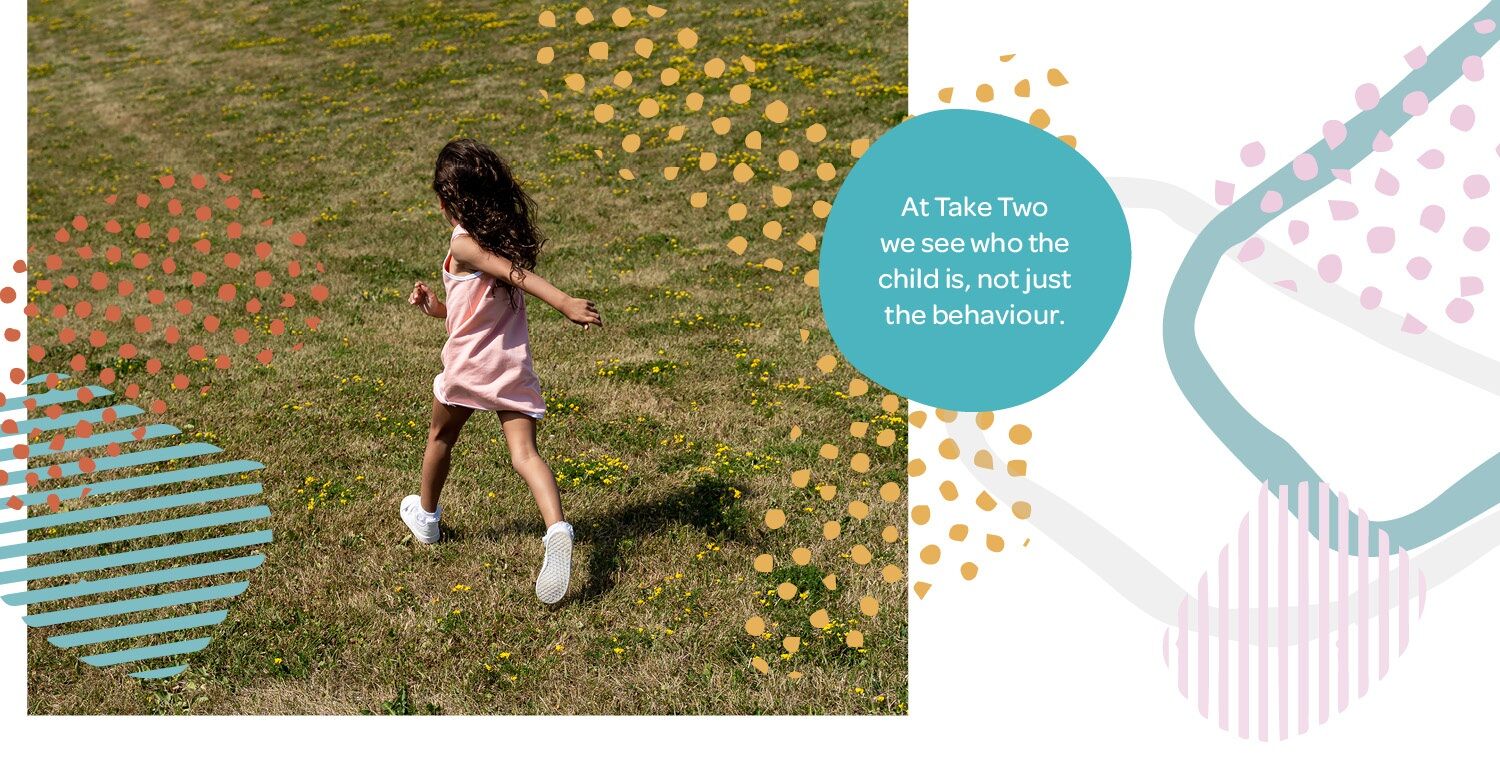
Kaylee* is a lively and bubbly five-year-old who loves her hip-hop, jazz ballet dancing and swimming classes.
Her mum and dad separated before she was born. Kaylee witnessed family violence against her mum by her mum’s new partner and was physically injured herself.
She now lives with her dad, Nathan and her grandma on the Murray River in north-western Victoria.
Kaylee was having a lot of problems with not sleeping because of nightmares and was hoarding food. She was hurting her dad and grandma with words, punches and kicks. She had trouble trusting adults, so was also really scared when she was separated from them.
Nathan and his mum wanted support to help Kaylee. They were referred to Take Two’s Restoring Childhood service. Take Two clinician Sue has been visiting Kaylee and her family’s home since then, including meeting them under the carport in a COVID-safe way when needed.
Sue has been helping Nathan and Kaylee by encouraging them to play ball games together. Some of the games involve stories and sharing feelings. Kaylee finds the games calming and they help her to talk to Nathan about when things were great but also when things were really bad.
Sue has also started doing some therapy sessions with Kaylee involving eye movements – known as Eye Movement Desensitisation and Reprocessing (EMDR).
EMDR is an evidence-based mental health intervention used to treat the Post-Traumatic Stress Disorder (PTSD) Kaylee is experiencing. Kaylee shares stories of times she was really scared, hurt and alone and using EMDR, Sue has been able to help her reprocess some of those memories, so they aren’t so scary.
Nathan carved an Emu egg to express his gratitude to Sue and her team for her support.
Sue says that seeing Kaylee starting to catch up developmentally as she recovers and receiving such a heartfelt gift is ‘the most beautiful feedback I could possibly receive’.
Berry Street’s Take Two program is a Victoria-wide therapeutic service helping to address the mental health impacts on children of the trauma they have experienced from abuse, neglect or adverse experiences. At Take Two we see who the child is, not just the behaviour.
Calling for a future where young Victorians with a lived experience are driving change
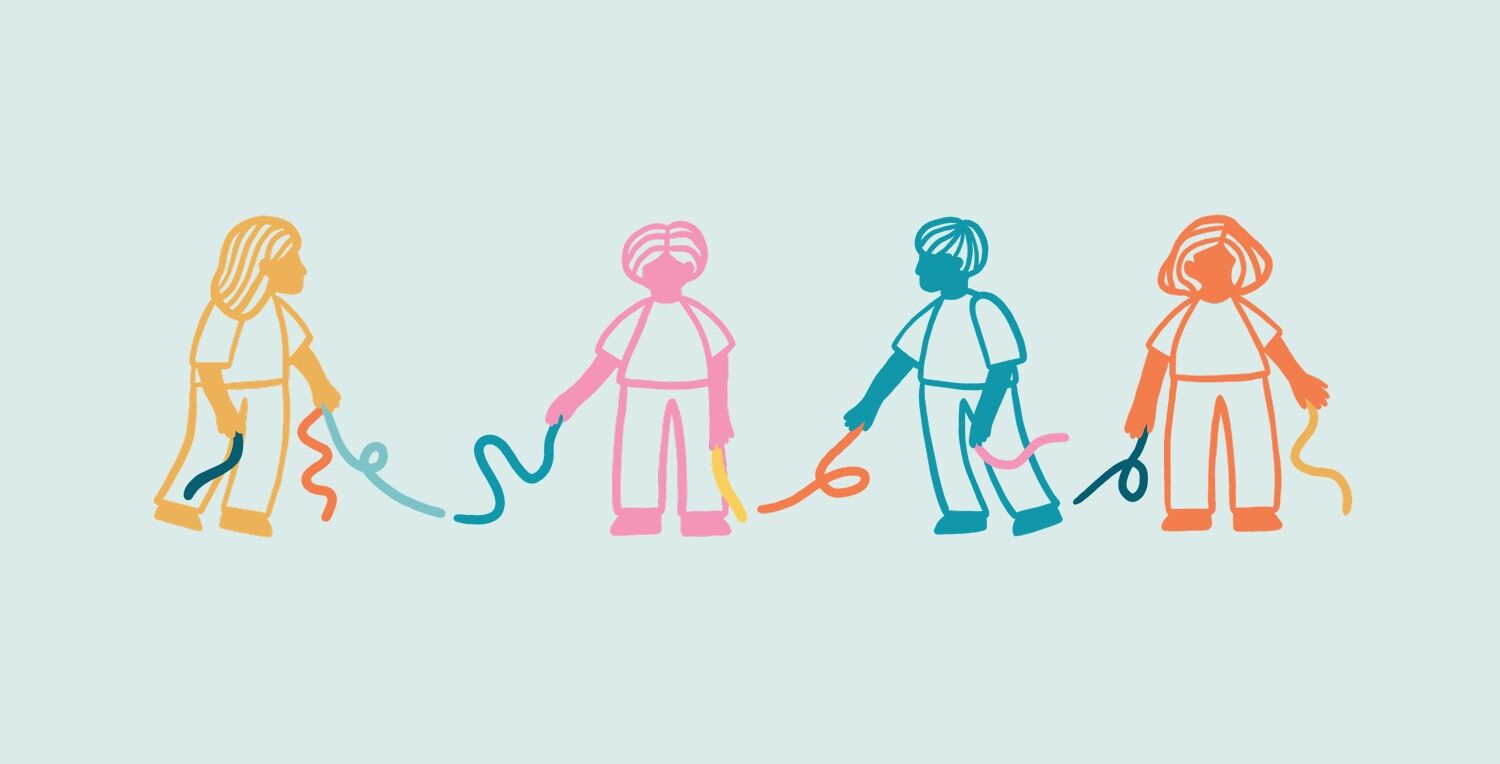

The recommendations are:
- Move beyond giving voice
- Share your institutional power, help us build our own toolboxes
- Educate young people on what matters (to us)
- Support us to break patterns of intergenerational trauma
- Uphold and protect our human rights
- Imagine and design services with us, not for us
- Enable our agency and autonomy
- Offer us the same access as other kids
- Build accessibility in from the start, not as an afterthought
- Partner with us to create equitable and safer systems
Berry Street’s Y-Change is a team of young people who have lived experience of trauma and disadvantage. They work with us as consultants to help challenge
the thinking and practices of wider social systems through advocacy and leadership.
As part of this advocacy, the Y-Change team made a policy submission to the Victorian Youth Strategy called Beyond Giving Voice: Partnering with young people with a lived experience to imagine and create radical change.
This submission puts the lived experiences and expertise of young people at its centre.
The submission makes ten recommendations, each one supported by tangible actions that the team want to see, to create a future where all young Victorians can thrive.
The underpinning message is the importance of considering the actual lived experience of those who the service system is designed to support and make sure it actually works.
To learn more about Y-Change’s submission and recommendations, read the snapshot document.
The different types of out-of-home care offered by Berry Street
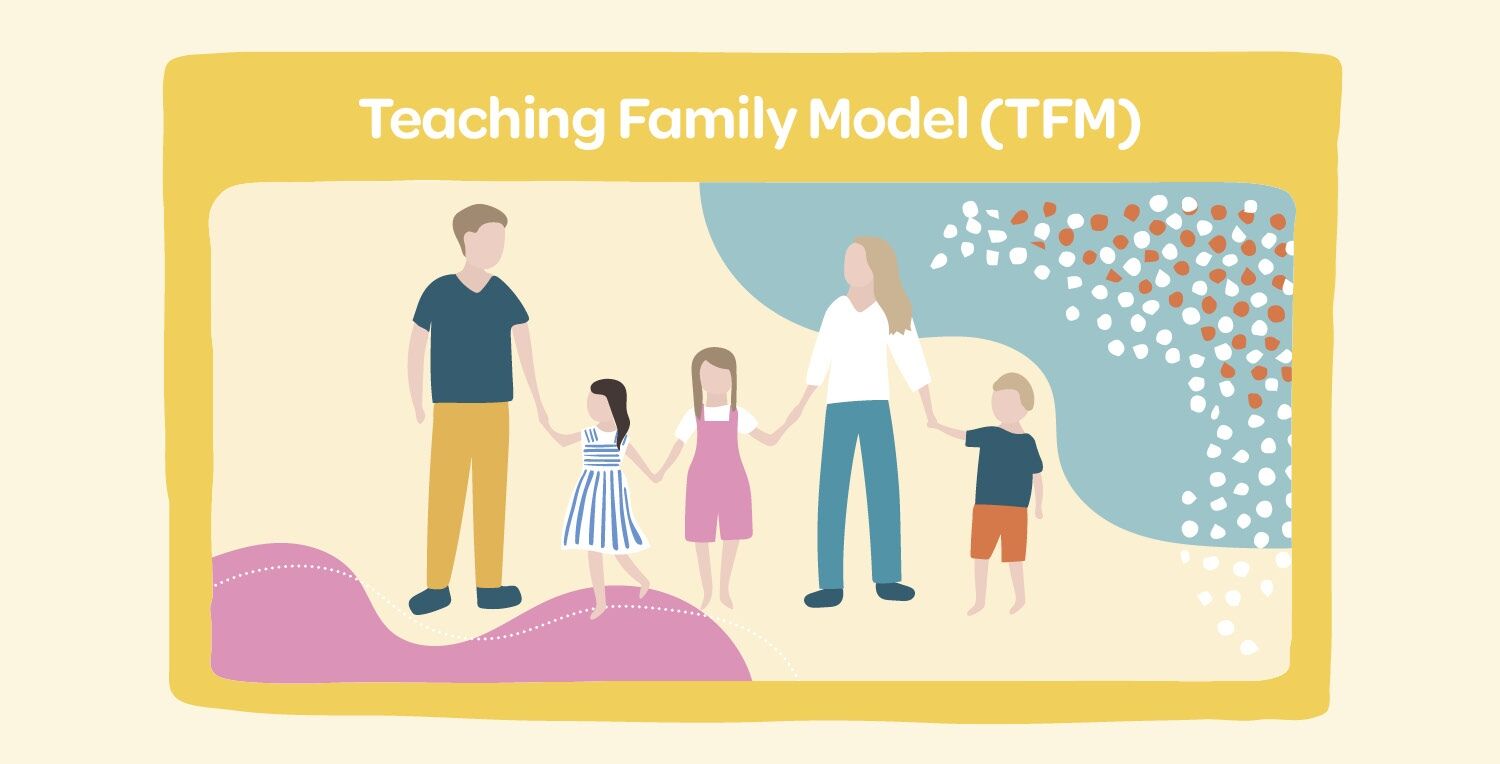
Teaching Family Model (TFM)
• Up to 4 children
• Live in Teaching Carers who have completed specialist training and accreditation processes
• Evidence based model, focused on healing trauma and teaching children life skills in a stable family style setting. The house is purpose built and provides both the Teaching Carers and the children a functional, safe and secure place to live.
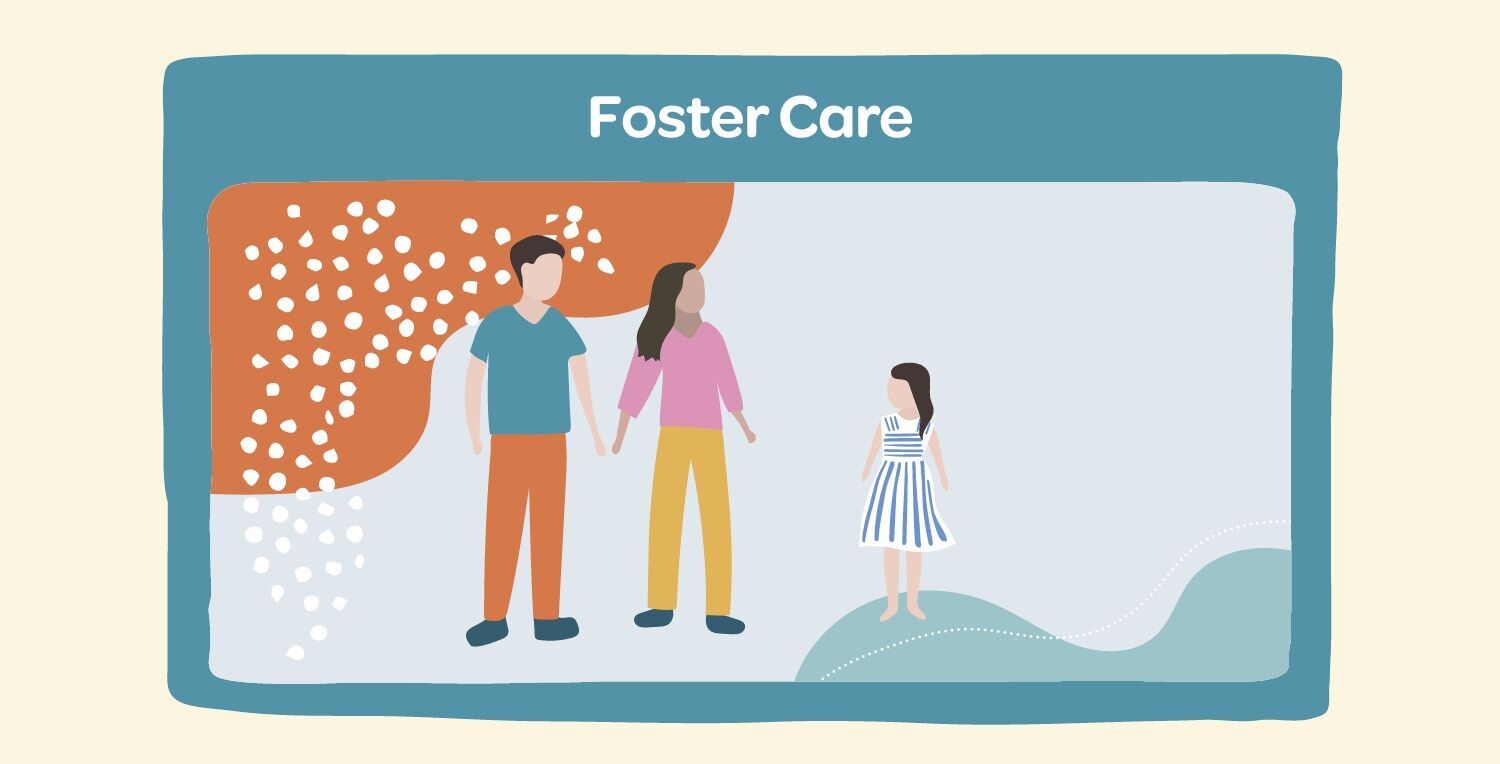
Foster Care
• No set number, but each child must have their own room in the house
• Looked after by volunteer foster carers from the community who go through extensive training and multiple approval programs. Foster care takes place in the carers’ own homes
• Traditional foster care provides children with a home where they are supported by their foster carers, as well as their social workers and other trained specialists.
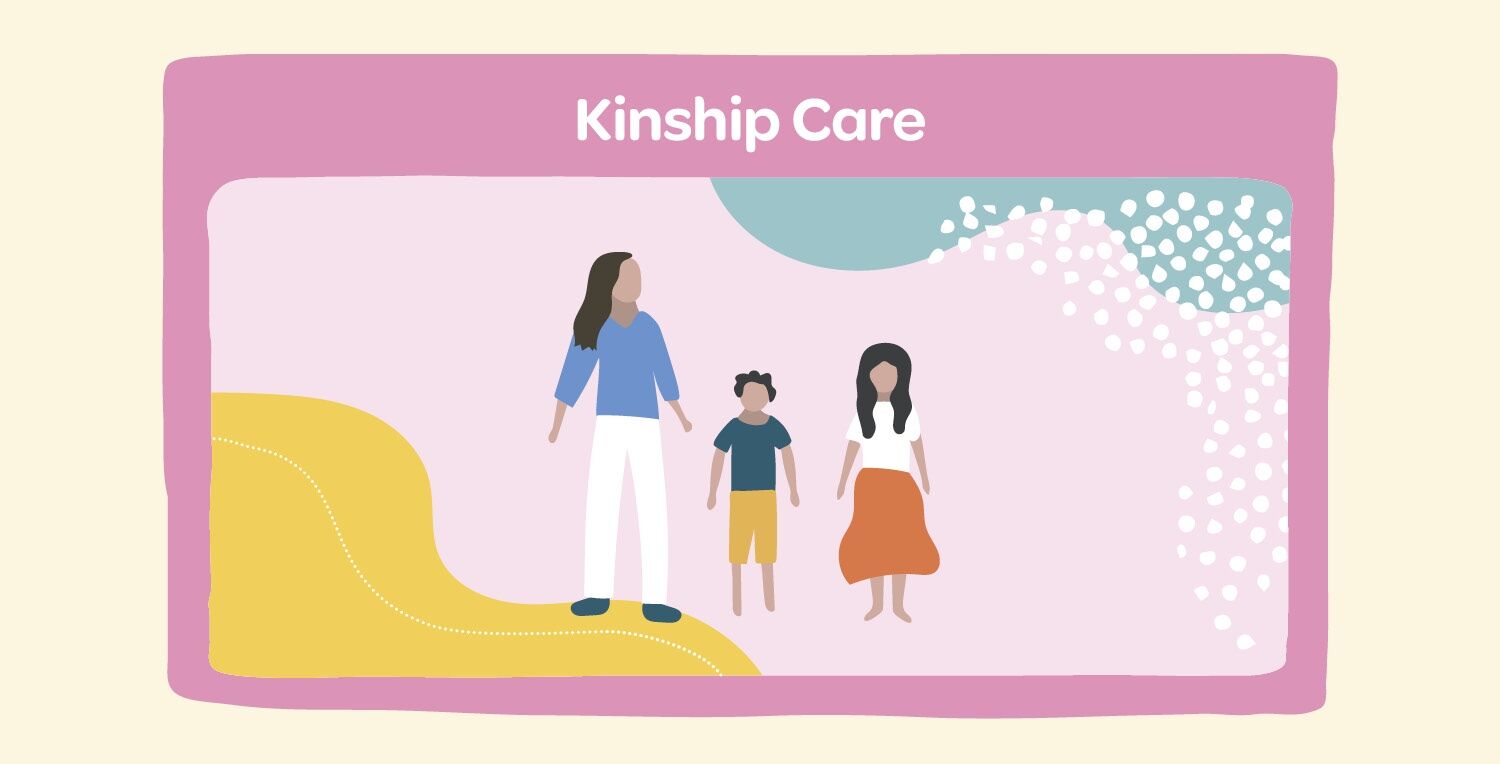
Kinship Care
• No set number
• Looked after by relatives or a member of the child’s social network. Kinship carers often are the grandparents of the child
• Kinship care helps children maintain an aspect of identity, belonging, stability and a connection to culture.

Residential Care
• Up to 4 children
• The children and young people are looked after by specially trained residential care workers, who work on a shift basis to provide care in a group setting
• Residential care provides children and young people a group home style environment where they all live together and workers come to the home to look after them, providing round the clock care and supervision.
*Names in some stories have been changed in the interest of protection and privacy. In order to protect the identity of our clients, we only use images of models and volunteers. The people pictured in our stories are not connected to the case studies presented.



